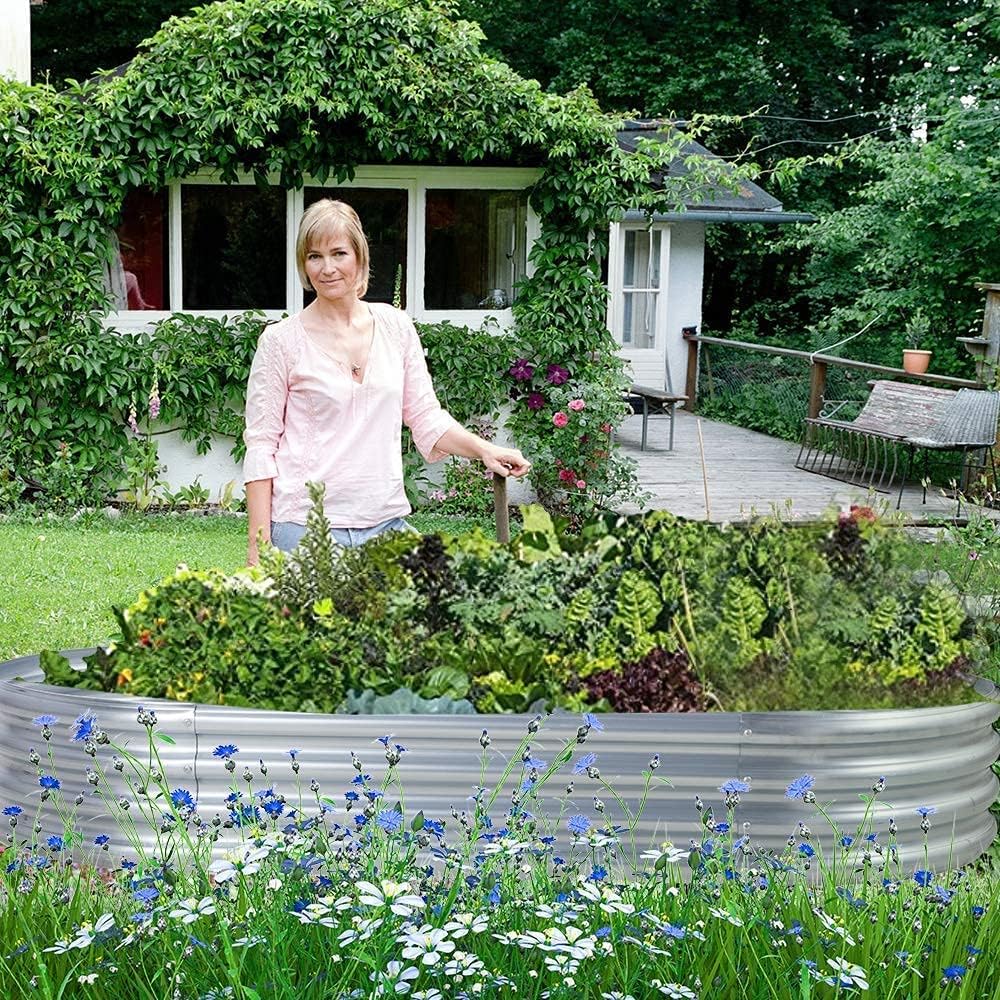The Cost Effectiveness of Home Organic Gardening
In an era marked by growing environmental consciousness and health awareness, home organic gardening has emerged as a compelling solution.
This practice offers an array of benefits, from providing fresh, nutritious produce to reducing carbon footprints and promoting biodiversity. Yet, one of its most appealing aspects is its cost-effectiveness. By cultivating your own organic garden, you not only gain control over what goes into your food but also save substantially on grocery bills.
The initial investment in seeds, soil, and tools can yield long-term returns, reducing dependence on store-bought produce and potentially cutting down on healthcare costs associated with pesticide exposure. Moreover, the therapeutic value of gardening adds an intangible yet invaluable dimension to its cost-effectiveness, enhancing mental and emotional well-being.
Through this exploration, we’ll delve into the tangible and intangible ways in which home organic gardening proves both economical and enriching.
The Cost Effectiveness of Home Organic Gardening
Home organic gardening can be a cost-effective endeavor, offering numerous benefits beyond just saving money. Here are eight ways how:
- Reduced Grocery Bills: Growing your own organic produce significantly cuts down on the amount spent at the grocery store, especially on pricey organic items.
- Minimal Input Costs: Organic gardening focuses on natural methods of pest control and fertilization, reducing the need for expensive chemicals and additives.
- Reuse and Recycle: Utilize household waste like kitchen scraps and yard debris for compost, reducing the need for store-bought fertilizers.
- Seed Saving: Collecting seeds from your own organic plants allows you to replant them in future seasons, eliminating the need to purchase new seeds each year.
- DIY Solutions: Homemade remedies like garlic spray for pests and compost tea for fertilizer are cost-effective alternatives to store-bought equivalents.
- Water Conservation: Implementing techniques like drip irrigation and mulching reduces water usage, saving on utility bills in the long run.
- Long-Term Investment: Initial investments in tools and infrastructure, such as raised beds or compost bins, pay off over time as they can be reused season after season.
- Health Savings: By consuming fresh, organic produce from your garden, you may reduce healthcare costs associated with diet-related illnesses in the long term.
By adopting these practices, home organic gardening not only becomes a frugal choice but also contributes to environmental sustainability and personal well-being.

